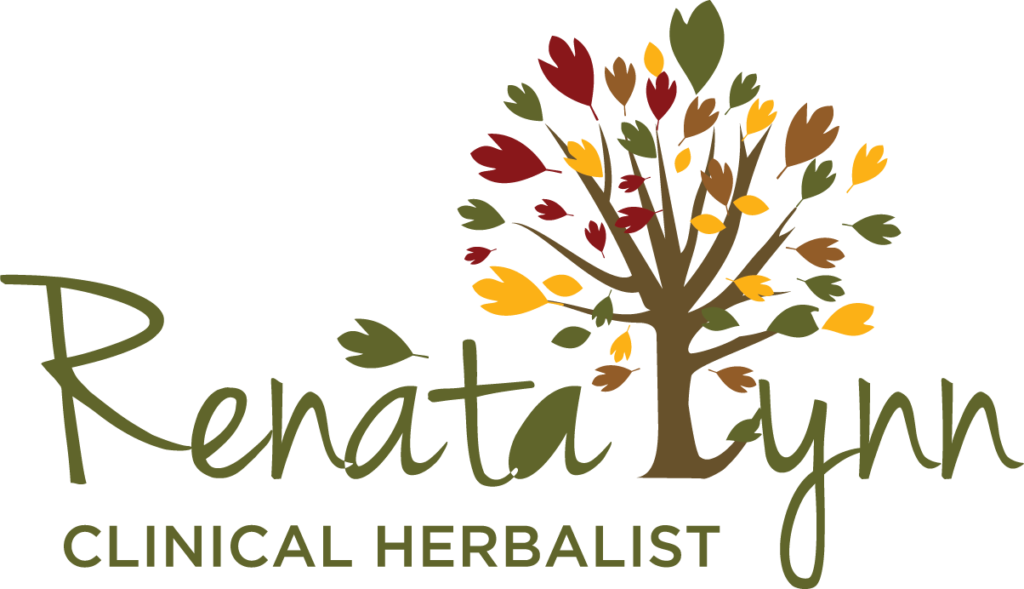Can a nursing mom do an elimination diet?

Danielle, a new, nursing mom asks how to go about eliminating foods from her diet to determine what is causing constipation. She also says that she is feeling run down and asks what can help her build energy.
Hi Danielle. First, congratulations on the newest member of your family!
Determining food sensitivities by eliminating foods is usually done with an elimination diet. This involves removing all potential trigger foods from your diet for a period of four weeks, then reintroducing one food every three days while keeping a record of how you feel. Foods and ingredients usually removed during an elimination diet include dairy, gluten, legumes, sugar, all processed foods and food additives. Sometimes soy and nightshades like tomatoes, eggplants, potatoes, and all grains are also removed. You’ll find a detailed description of how to do an elimination diet in this article by naturopathic physician Dr. Bryan Walsh.
Since you’re breastfeeding, your calorie needs and many nutrient needs are increased, so if you decide to try an elimination, diet I encourage you to do it under the guidance of a nutrition professional.
Another option is to keep a food diary for three or four weeks. Record everything you eat, when you eat it, and your symptoms. If a pattern emerges and you suspect a particular food, remove that food from your diet for four weeks and then reintroduce it as described above.
Food sensitivities can cause constipation, but there are other common causes and it would be well worth it to examine these.
They include:
Too little water
Breastfeeding moms need more water. The USDA Adequate Intake (AI) recommendation for water in lactating women is 3.8 liters per day compared to 2.7 liters per day[1] for non-pregnant, nonlactating women.
To little fiber
This is a common problem for a lot of people, lactating or not, and like other nutrients recommendations for fiber intake are increased for lactating women – 29 grams/day compared to 25 for non-lactating women.
Medications
Several types of prescription and over the counter medications can cause constipation, so if you taking any medications check the side effects and discuss with your physician.
Supplements
Iron supplements can cause gastrointestinal upset, including constipation, so if you’re taking an iron supplement you may want to consider talking with your physician about switching to a ferrous bisglycinate form, which is often better tolerated than other forms.
Liver support
Some gentle liver support may be beneficial. Milk thistle is gentle, safe, and has the added benefit of supporting lactation. Milk thistle can be taken in capsule form, you should be able to find a good supplement at your natural health shop, or organic grocer. You could also sprinkle a teaspoon of the ground seeds on your food twice a day, they have a mild, neutral flavor and go well with a variety of foods.
Being a new mom sure can be exhausting! Between the energy demands of producing milk, recovering from pregnancy and birth, and caring for an infant some level of fatigue goes with the territory. Remember to keep in mind your increased caloric and nutritional requirements and eat plenty of nutrient dense foods – lot’s fresh fruits and veggies, nuts and seeds, and high – quality meats and fish. It’s unclear if you’re still at the stage where sleep deprivation is an issue, if you are a certain level of fatigue is expected. However, if you’re regularly getting 7-9 hours of sleep and you’re still feeling exhausted you may want to see your physician and discuss having your thyroid function evaluated. Women are more vulnerable to thyroid disorders postpartum and the condition is sometimes missed because exhaustion is a common feature of this life stage. To learn more about postpartum thyroid disorders read this article by midwife, herbalist and physician Aviva Romm.
A daily serving of the following nutritive herbal blend will support you in recovering your energy.
½ cup nettle leaf (Urtica dioica)
¼ cup alfalfa (Medicago sativa)
¼ cup raspberry leaf (rubus Ideaus)
1 tablespoon rose hips (rosa canina)
To prepare put the following herbs into a 1 quart mason jar or French press. Infuse covered, overnight (you can put it in the fridge once it’s cool enough) in 4 cups just boiled water. Strain and enjoy this highly nourishing tea throughout the day.
I like to keep a bulk supply these herbs around to prepare nourishing infusions each day.
About the herbs
Nettles contain iron, phosphorus, potassium, calcium, magnesium, manganese, copper, boron, strontium as well as B vitamins, vitamins A, C, K, and beta carotene. Nettle also have anti-inflammatory activity and are commonly used to help restore vitality over time.
Alfalfa – vitamins A, C, E, and K4; and minerals calcium, potassium, phosphorous, and iron. Alfalfa also supports the production of breast milk.
Raspberry leaf – B vitamins, vitamin C and several minerals, including potassium, magnesium, zinc, phosphorus and iron. And Raspberry leaf is a favorite uterine tonic and will help restore tone to the uterus.
Rose hips contain vitamins A, C, E, and K as well as calcium, magnesium, phosphorous, and potassium
Hope this helps Danielle. Many Blessings to you and your family.
[1] This value includes water in foods and in other beverages.
